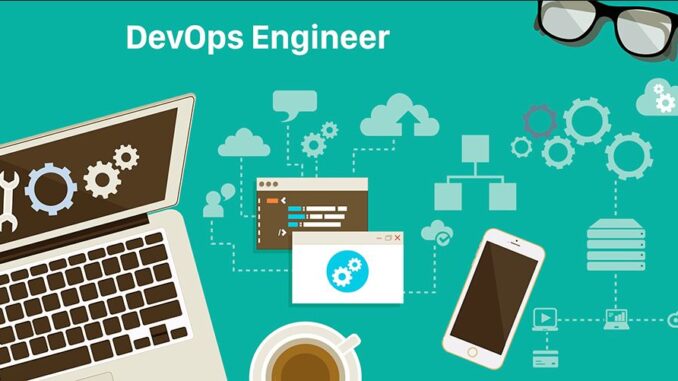
Under the DevOps umbrella, developers and operations engineers collaborate to achieve a common goal.
Traditionally, in software development, operations and development were well separated. They were hardly involved in the software’s operation and had little knowledge of where or how it was employed. The operational personnel had no knowledge of how the program operated, so they had to trust that it would work as intended.
This hypothesis pits two opposing teams, one pushing for stability and the other for a change. Due to the friction, updates were issued seldom to avoid disruption.
In addition to saving time and money, DevOps has also reduced the amount of downtime that happens as a consequence of new features being installed.
To solve this, the DevOps movement emphasizes tighter collaboration and responsibility-sharing between software developers and operations employees.
Changes must be done often, ideally many times per day, to minimize downtime and quickly address issues. These modifications in the software development process result in increased productivity, less overtime, and less downtime.
What Exactly Is a DevOps Engineer?
The phrase “DevOps Engineer” is often used in a number of scenarios in our DevOps consulting firm, each with its own meaning.
The name “DevOps Engineer” has been criticized for referring to “a culture” or “a way of working” rather than a particular professional category.
Some argue that adding a silo contradicts the concept of overlapping jobs and varied teams working together.
These views are very valid. Even companies that thrive in DevOps engineering (like Google!) don’t use the word. Positions advertised as DevOps Engineers may be for sysadmins, SREs, CI/CD engineers, or infrastructure engineers.
As a result, the term “DevOps engineer” is used quite loosely.
What does a DevOps Engineer do?
Despite the fact that the word “DevOps” may refer to a wide range of positions, the following are some common responsibilities shared by all:
- Automation of infrastructure startup
- Developing CI/CD Pipelines.
- Orchestrating containers with the use of custom scripts
- Microservices architectures that are well-designed are the result of working closely with developers
- Create a strategy for DevOps (Roadmap of infrastructure and deployments)
- Working with teams to provide observability platforms and suggestions.
- Advising development teams on the best platforms and infrastructure to use.
- Assuring the safety of all workloads and equipment.
- Etc.
What are the Requirements for DevOps Engineers?
When it comes to choose what to study first, it’s hard not to feel overwhelmed. After years of doing this, it’s easy to feel overwhelmed by the ever-expanding number of present and prospective technology.
It’s natural to wonder, therefore, what should be my first priority? AWS or GCP? Kubernetes? Docker? Jenkins? Terraform? Ansible?
Accordingly, I’m going to categorize it as follows:
- All DevOps professions need basic technical skills. They’re required. Picking is out; you must be well conversant with the content.
- Typical DevOps tools and processes include the following, albeit they may not be used or required in every role. If you want to be an actor, you need know these roles.
- Putting others’ needs ahead of one’s own: These are interpersonal and career-enhancing skills, not technical skills.
- You can’t master DevOps without the foundational skills. You don’t have to be an expert in DevOps to utilize the platform. Interpersonal skills are essential for a DevOps role.
At IT Outpost, we’re constantly on the lookout for fresh IT talent! To see whether we have a position for you, follow this link: https://itoutposts.com/cloud-migration-services/.
